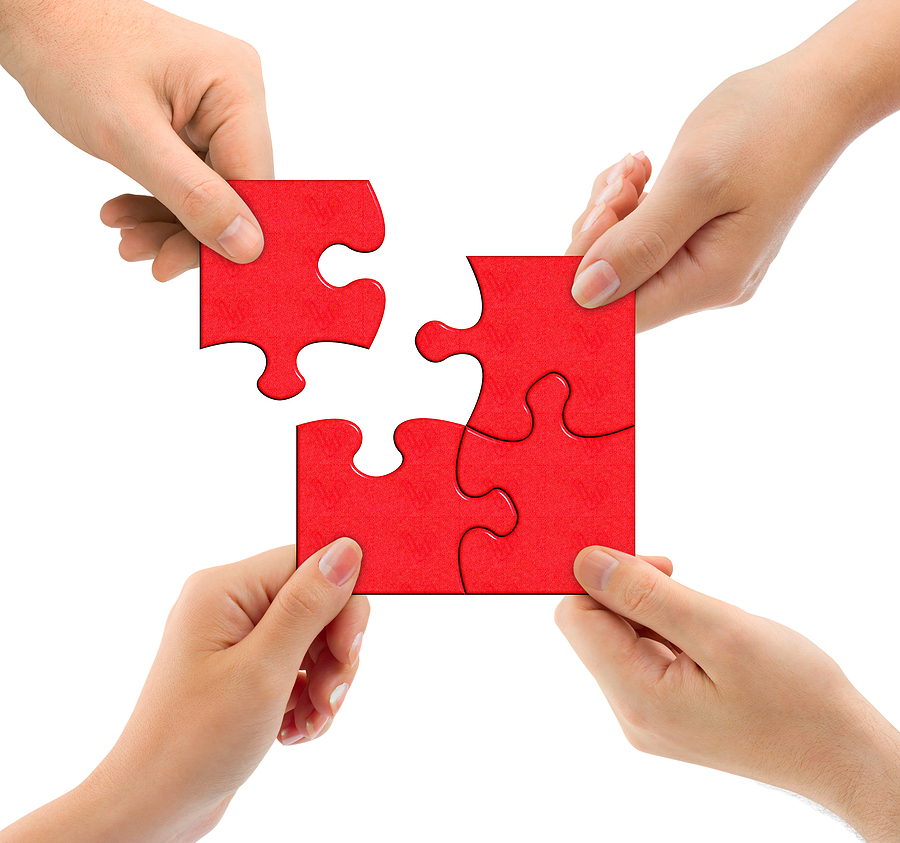Perhaps that is how this first part should end. So many demands have been made on Muslims to adapt, to integrate, even to be assimilated, that some of them have finally lost even the thought that they could bring something to their society. If Western society has, without any question, positively driven Muslims to reread their sources, to awaken their minds, and to revitalize their imaginations, it must also be said that their presence is, in itself, an enrichment, and we sometimes struggle to remember this in North America and Europe.
Communities of several million souls, of whom a very large number are devoted to faith in God, to spirituality, and to the values of life, justice, and human solidarity, cannot but do good in societies where the consumerist temptation sometimes seems to have taken precedence over every other consideration. When people see alongside them men and women who pray five times a day, are committed to promoting the value of education, control their consumption to the extent of fasting for one-twelfth of each year, avoid alcohol and its excesses, and against all the odds develop strong family and community ties, it cannot all count for nothing. For believers, as for aware humanists, this presence is a testimony and an enrichment. Honesty requires that we say and recognize it.
On a more global level, this presence of Muslims at the heart of Western societies is beginning to make it possible for the citizens of Europe and North America to live in fact the pluralism they often claim to respect in theory. Northern societies are no longer homogeneous, for the population is now made up of individuals who have very different histories, religions, and cultures. We must very quickly take these realities into account, not only at the level of simple discussions about good and tolerant intentions8 but at a deeper level in our history and geography syllabuses in dealing with questions about the origin and make-up of nations. The civilizational and cultural richness of the countries of origin and the relations that have existed with them (sometimes based on equal collaboration, sometimes on colonialism or enslavement, often on economic exploitation)—all this must be taken into account from now on if we really want to build the pluralist societies that we call for with our votes.
The Muslim presence, if it stays consistent with itself, is also a reminder of the South. Arriving in Europe and North America as economic or political exiles, immigrants both old and new bear the two stigmas of murderous poverty and ravaging dictatorships. For their fellow-citizens, those Muslim citizens who are the most actively engaged also bear a message about humanity: we cannot extol democracy for ourselves and silently allow our governments to deal with the most sinister dictators. We cannot want peace and denounce violence and at the same time stand passive before the most fearful and deadly terror of an economic order that is responsible for the deaths of forty thousand people every day. We cannot. If Muslims, nourished by their faith, clothed in their values, and enlivened by their awareness of justice, can make it possible for their fellow-citizens to have access to a living and active spirituality, a demanding ethic of solidarity, coming with a real sense of the difference and the awareness of the South to call for economic and political equality, then their presence is an enrichment and a gift. It will challenge, it may even disturb, and in that there is, in some sense, a benefit. As expressed in the words of an American intellectual, “I do not only want my difference to be respected by you. I want it to bother you.” It seems to me that both are necessary, and this is really the meaning of our phrase “normalize our presence without trivializing it.” Normalization can exist only when there is respect for never becoming “trivial,” that is, for continuing to be a witness in all circumstances to the meaning of life, values, and justice, and, when consciences are about to fall asleep and give up, to bother them, niggle them, perturb them. Out of this bother and disturbance positive lessons can always be drawn.





Excellent